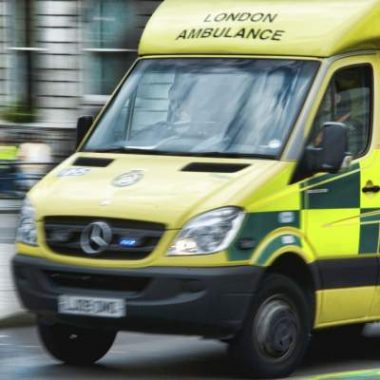Mental health services are failing to provide adequate access to care round-the-clock for patients in crisis, according to a damning report from the CQC that found patients often have to turn to emergency services for help.
The regulator also found some healthcare professionals appeared to lack compassion in caring for people having a crisis, including those who had harmed themselves.
The report – Right here, right now: Mental health crisis care review – found most people with an acute mental health problem were still ending up admitted to hospital via A&E overnight, when acute admissions for mental health conditions most commonly happen.
The report also found GPs, ambulance staff and the police were all perceived by patients as being more caring and empathetic than staff working in A&E and specialist mental health services.
The report, based on inspections of a sample of services across England as well as a survey of 1,800 people who have experienced a crisis and national data, comes after the previous Government launched the Crisis Care Concordat – a commitment on a core set of principles in delivering crisis care – following growing concerns about patients in crisis ending up in police cells and detained under section 136 of the Mental Health Act.
The CQC said their findings should act as a ‘wake-up call’ for organisations providing mental health services – many of whom are signed up to the Concordat.
Dr Paul Lelliott, the CQC’s deputy chief inspector of hospitals (lead for mental health) said: ‘These findings must act as a wake-up call to our public services.
‘We found some excellent examples of services in areas joining-up and providing effective care, with staff committed to working to make sure people in a crisis received the help they needed. These examples must become universal. This review was undertaken as part of CQC’s contribution to the work of the “crisis care concordat” which is mobilising local services to come together to tackle this problem.’
Pulse October survey
Take our July 2025 survey to potentially win £1.000 worth of tokens













